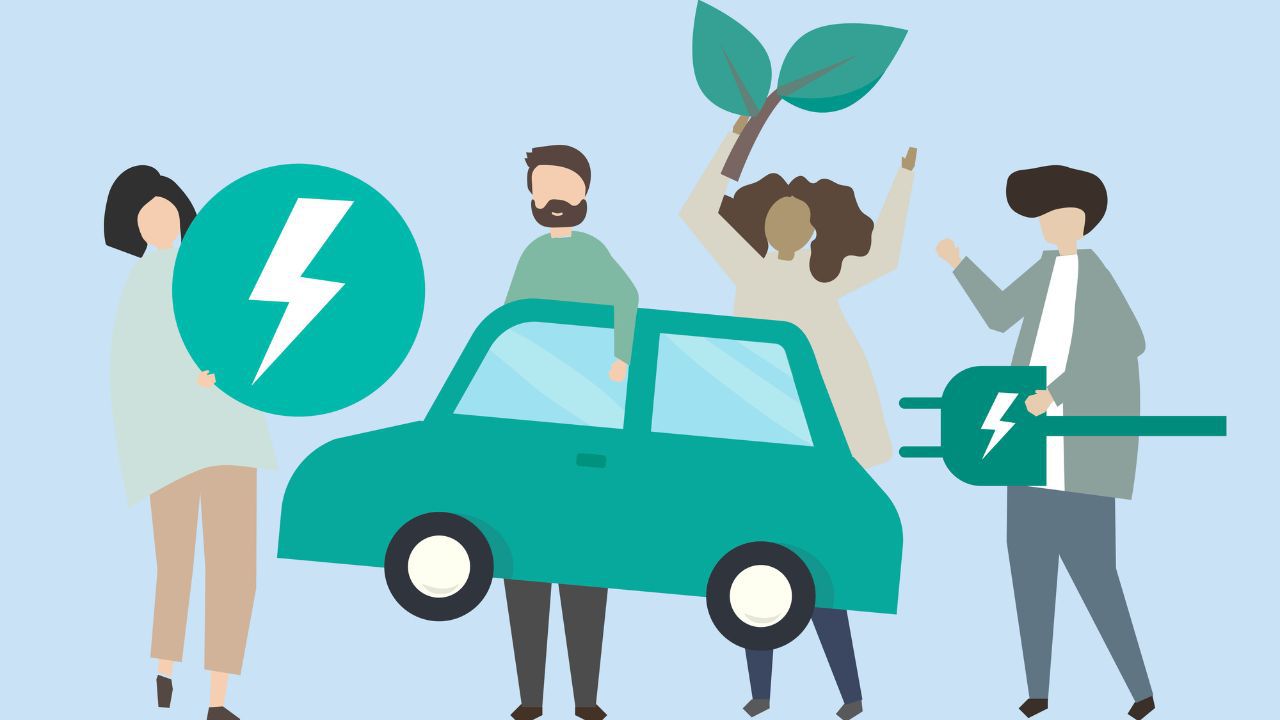NITI Aayog launched the India Electric Mobility Index (IEMI) along with its report titled ‘Unlocking a 200 Billion Dollar Opportunity: Electric Vehicles in India’. The inaugural IEMI report, released by the government’s policy think tank, offers a comprehensive evaluation of India’s EV readiness, spotlighting Delhi, Maharashtra, and Chandigarh as the top performers. The regions were ranked highest according to a framework that assessed their performance across three key dimensions: EV adoption rates, readiness of infrastructure, and levels of technological innovation.
Delhi, in particular, has emerged as a standout, demonstrating exceptional progress in both policy execution and electric vehicle uptake, alongside Maharashtra's strong performance and Chandigarh's consistent strides in electrification.
Also Read| Geoffrey Hinton Warns: AI May Soon Speak Its Own Secret Language
A Deep Dive Into India’s EV Ecosystem
To paint a holistic picture, NITI Aayog evaluated all Indian states and union territories using 16 specific indicators, grouped under the themes of EV penetration, charging infrastructure, and innovation in the sector. The findings reveal that India’s EV landscape is rapidly evolving, with different states showing strengths in unique areas.
Top Transport Electrification Winners
Delhi and Maharashtra have taken pole position in leading the shift from internal combustion engines to electric mobility. Their initiatives include aggressive subsidy programmes, innovative policies, and high EV registration numbers that place them firmly at the forefront of India’s green transition.
Tech Hubs
When it comes to infrastructure, some less-expected names are rising to the top. Haryana, Karnataka, Ladakh, and Himachal Pradesh have distinguished themselves by developing strong public charging networks, showcasing how even geographically diverse regions can prioritise EV support systems effectively.
Also Read| Beyond Desks: Kerala Unveils Neurodiversity-Inclusive Work Hub
Innovation at its Peak
On the technology and innovation front, the report underscores a wide geographical spread. States like Tamil Nadu, Telangana, and Karnataka join Delhi, Maharashtra, and Haryana in leading efforts around EV R&D. These states are playing an instrumental role in shaping India's future through investments in research, pilot projects, and manufacturing initiatives.
Consumer Adoption Surges in 2024
One of the most telling signs of progress has been the consumer shift toward EVs. In 2024, India saw electric two-wheelers and cars reach a combined adoption rate of 5.3 percent, resulting in over 1.2 million new EV registrations. This surge points to growing consumer confidence and awareness around electric mobility.
A Network of 25k+ Charging Stations
By the end of 2024, India had installed more than 25,000 public EV charging stations nationwide—an essential step in enabling long-distance EV travel and addressing range anxiety among potential buyers. India’s electric vehicle landscape is clearly evolving from fragmented pilot projects to a coordinated, national movement. With policy, infrastructure, and innovation all moving in the same direction, the country’s transition to clean mobility might be quicker—and more successful—than many had predicted.




